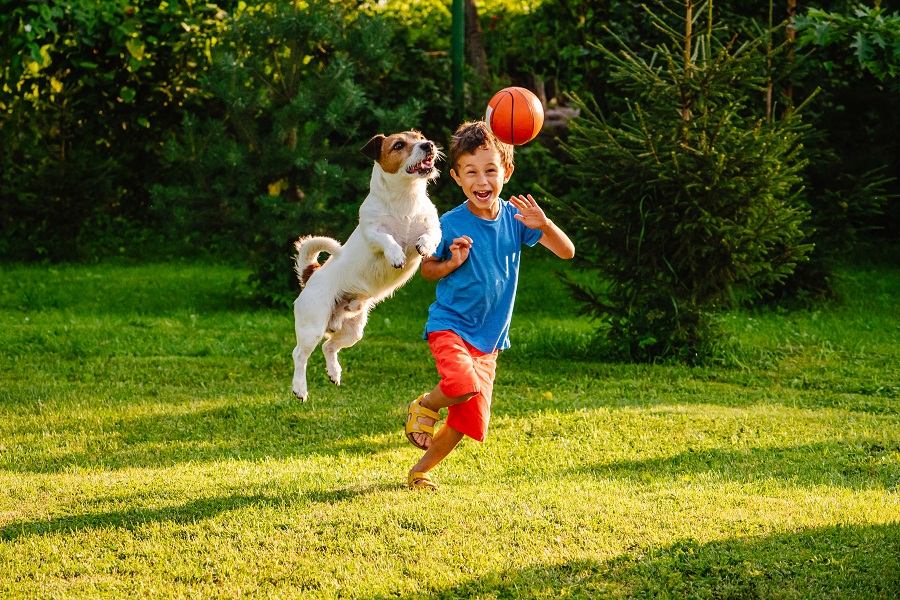Socialisation skills for dogs: Strategies for preventing aggression and anxiety
As a responsible dog owner, it’s crucial to provide your furry friend with proper socialisation. Socialisation involves exposing your dog to different people, animals, and environments to prevent aggression and anxiety. In this article, we’ll explore some effective strategies for socialising your dog and how dog training in Scotland can help.
Why is socialisation important for dogs?
Dogs are social animals that require adequate socialisation to become well-rounded and happy. Proper socialisation helps prevent behavioural problems such as aggression, anxiety, and fearfulness, which can be detrimental to your dog’s well-being. Socialisation also helps your dog become more confident and friendly around people and other animals.
When should you start socialising your dog?
The earlier, the better! The critical socialisation period for puppies is between 3 and 14 weeks of age. During this period, puppies are more open and receptive to new experiences, making it easier to socialise them. However, it’s never too late to start socialising your dog. Adult dogs can still benefit from socialisation, but it may take longer to see results.
How can you socialise your dog?
Introduce your dog to different people: Your dog should interact with people of all ages, races, and genders. Encourage strangers to give your dog treats and praise them for good behaviour.
Introduce your dog to other animals: Socialisation with other animals should be supervised and controlled. Start with dogs that are known to be friendly and calm and gradually work up to more challenging situations.
Expose your dog to different environments: Your dog should experience different environments such as parks, beaches, and cities. Introduce your dog to different sights, sounds, and smells to help them become comfortable in different situations.
Enrol in dog training classes: Dog training in Scotland can be an excellent way to socialise your dog. Trainers can help your dog learn new behaviours and interact with other dogs and people in a safe and controlled environment.
Provide positive reinforcement: Positive reinforcement is a powerful tool for socialisation. Praise your dog for good behaviour and reward them with treats or toys. This will help your dog associate socialisation with positive experiences.
Take it slow: Socialisation should be done at your dog’s pace. Avoid overwhelming your dog with too many new experiences at once. Gradually introduce new experiences and environments to help your dog feel more comfortable.
What are the benefits of socialisation?
Socialisation has numerous benefits for dogs, including:
Preventing aggression and anxiety: Proper socialisation can prevent behavioural problems such as aggression, anxiety, and fearfulness.
Improving social skills: Socialisation helps dogs become more confident and friendly around people and other animals.
Developing a stronger bond: Socialisation helps dogs develop a stronger bond with their owners.
Reducing stress: Socialisation can help reduce stress and anxiety in dogs.
Socialisation is an essential aspect of dog ownership that should not be overlooked. It helps prevent behavioural problems such as aggression and anxiety while improving social skills and reducing stress. By following the strategies outlined in this article and enrolling in dog training in Scotland, you can help your furry friend become a well-rounded and happy companion. Remember, the key to successful socialisation is patience, consistency, and positive reinforcement.


Comments are closed.